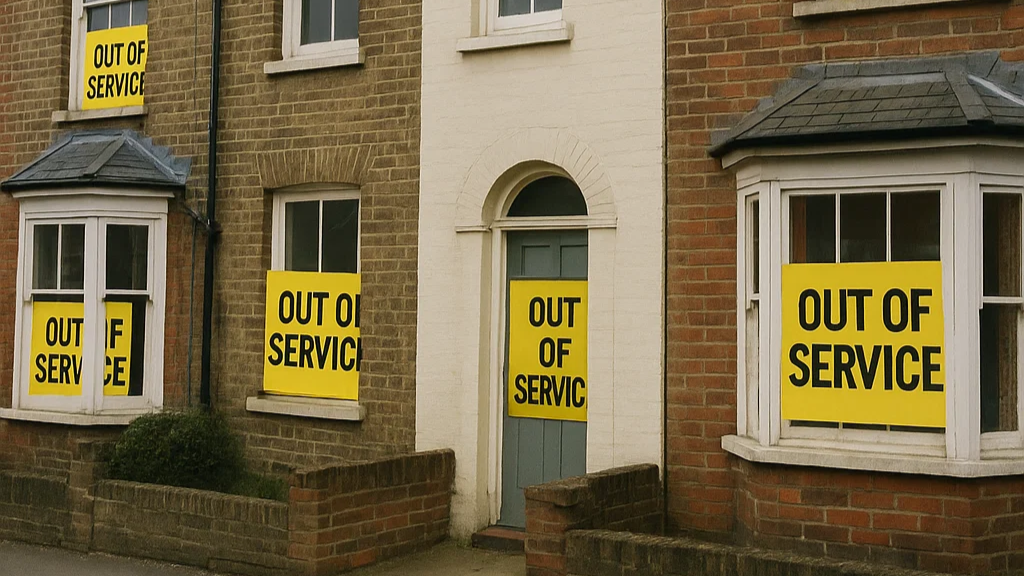
In late May, Living Concepts was appointed as the managing agent for a substantial portfolio of over 393 tenants across supported accommodation properties in the West Midlands. While this marks an exciting milestone for our organisation, it has also presented one of the most emotionally charged and complex challenges we’ve ever undertaken.
From the moment we stepped in, our team was met with a sobering reality: a widespread neglect of both properties and the vulnerable individuals living within them.
Many of these tenants are people with high-priority needs: individuals battling mental health conditions, recovering from trauma, or navigating life after devastating times. The neglect they’ve experienced has not just been physical – it’s been deeply human.
We’ve listened to stories of lost dignity, hopelessness, and desperation. We’ve been a sounding board for those on the brink, completely overwhelmed by years of being unseen and unheard. But rather than shy away, our team leaned in.
Door-to-Door: Building Trust from the Ground Up
The first step was personal. Our dedicated team began going door to door, introducing ourselves, providing transitional documentation, and collecting vital information on occupants. Every property was logged, every tenant that was present, heard. We took photographs, listened to stories, and began mapping out the scale of maintenance needed — fom cracked ceilings and leaks to infestations and electrical failures.
Emergency Response Mode
We swiftly moved into triage mode, prioritising emergencies — no heating, no hot water or electricity, active leaks, and severe rodent infestations. Thanks to the unwavering commitment of our team, nearly all of these critical issues have already been resolved in just a few short weeks. The remaining cases are in motion, pending more extensive investigation and structural repair.
Compassion with Firmness
Throughout this process, our team has shown extraordinary resilience and emotional strength. We’ve extended empathy where it was needed most — while also maintaining the firmness required to navigate volatile individuals and situations, and restoring structure and order.
This work is not easy. It’s raw, it’s real, and at times it’s harrowing. But this is the heart of who we are at Living Concepts — a team that shows up when it matters, for those who need it most.
This new chapter is just beginning, but already, the transformation is visible — in the repaired homes, in the softened tones of once-wary tenants, and in the quiet relief of having someone finally listen.
We’re here. And we’re committed to restoring dignity, one doorstep at a time.